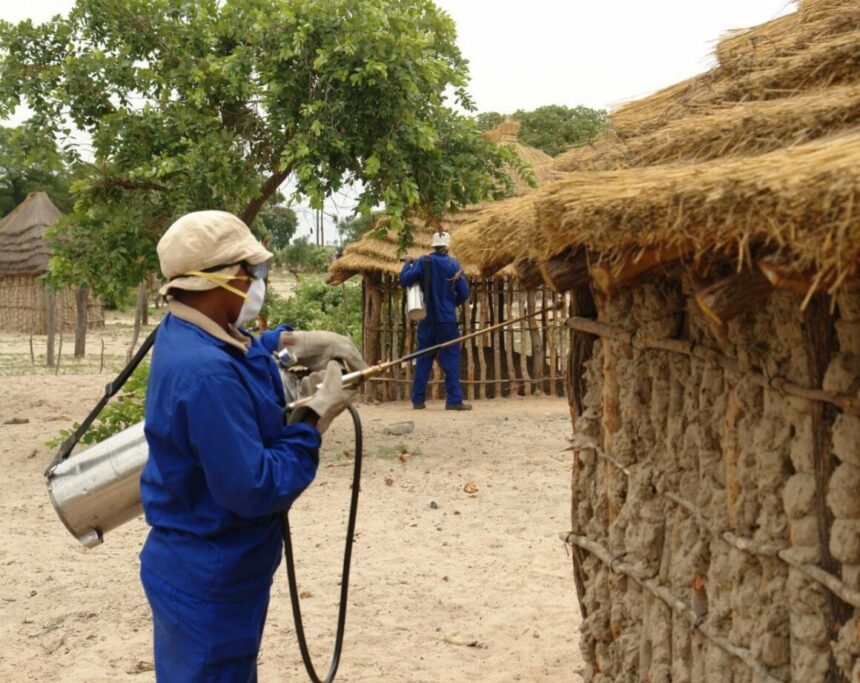KATIMA MULILO – The Zambezi region is in the grip of a severe malaria outbreak, with health officials recording an alarming rise in cases since late 2024.
Regional health director Woito Kapumburu said suspected malaria cases have skyrocketed to 37 700, with 11 168 confirmed infections between week 10 (9 March) and week 13 (30 March) 2025.
“The situation is critical. We have recorded 423 hospital admissions and nine deaths so far,” he stated, highlighting that 98.6% of infections are local transmissions.
While the case fatality rate remains low at 0.07%, the rapid spread of the disease is overwhelming health facilities. With over 34 900 suspected cases reported in 2025 alone, the need for urgent intervention is growing.
Health teams continue to battle the outbreak, but Kapumburu stressed that challenges such as limited resources, hard-to-reach breeding sites and reinfections due to people sleeping in crop fields are making containment efforts difficult. Officials are calling for additional health workers, medical supplies and logistical support to curb the crisis.
“The most-affected areas are in the western and central parts of the region, including Sibbinda, Sesheke, Sangwali and Katima Mulilo,” he revealed, adding that the population above five years is the hardest-hit.
Mounting challenges in response efforts
Response teams were deployed on 12 February, with additional reinforcements arriving in March. However, health workers face multiple obstacles.
These include difficult patient tracing due to unreachable phone numbers and incorrect addresses.
Other challenges are pharmaceutical shortages and incomplete treatments, with some community members sharing medicine.
Limited resources for data entry, causing a backlog in tracking cases, is another concern. Kapumburu said mosquito breeding sites in hard-to-reach areas and homes using uncovered water storage, are other challenges.
Despite these, communities have largely cooperated with response teams, allowing home inspections (indoor residual spraying), IRS spraying and larviciding to curb mosquito populations. “However, some breeding sites remain untreated, particularly ponds used for human consumption and areas where NamWater borehole tanks are leaking,” he added.
Urgent need for resources
With malaria cases overwhelming health facilities, Kapumburu has issued an urgent call for support. The health directorate requires vehicles, tents for extra screening spaces, hospital beds, mosquito nets, data entry gadgets and additional staff, including health workers and administrators.
Community engagement efforts continue, with radio sensitisation campaigns, mobilisation by risk communication and community engagement (RCCE) teams, and collaboration with town councils and traditional leaders for de-bushing activities.
As malaria cases continue to rise, Zambezi’s response teams remain on high alert, working tirelessly to contain the outbreak.


